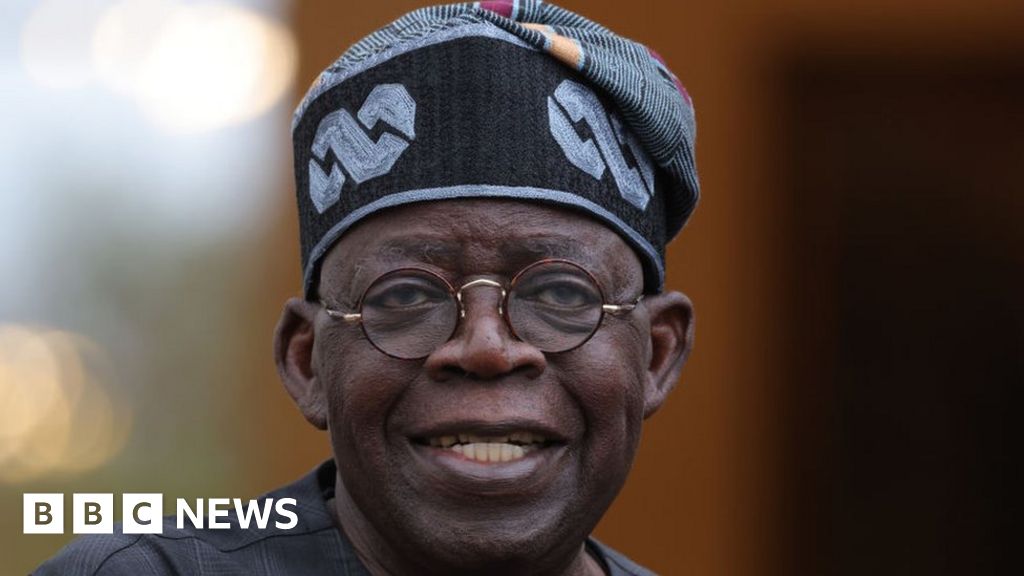Nigeria has introduced a mandatory annual levy for organizations employing expatriate workers, requiring them to pay $15,000 for directors and $10,000 for other employees. This measure aims to encourage foreign companies to hire more Nigerian workers, with exemptions for diplomatic missions and government officials.
President Bola Tinubu emphasized that the levy should not deter potential investors but rather aims to balance employment opportunities between Nigerians and expatriates. The goal is to close wage gaps and increase job opportunities for qualified Nigerians in foreign companies operating in the country.
Currently, there are over 150,000 expatriates in Nigeria, mainly in sectors such as oil and gas, construction, telecommunications, and hospitality. Nigeria, being one of Africa’s largest oil producers, relies heavily on oil and gas exports for foreign exchange earnings.
In addition to the new levy, companies in Nigeria already incur a $2,000 annual cost per foreign employee for residency permits. The imposition of this levy comes amid Nigeria’s severe economic crisis, prompting protests against economic hardships.
President Tinubu acknowledged the challenges faced by Nigerians and assured efforts to improve the country’s finances and stimulate economic growth. The levy applies to employees working for at least 183 days a year, with penalties for non-compliance, including fines and jail terms.
The Nigerian Immigration Service will enforce the levy, operating under a public-private partnership model involving the government, immigration service, and a private firm. Economists like Abubakar Abdullahi view the levy positively, stating that Nigeria stands to benefit as more companies prioritize local talent, fostering economic growth and development.



